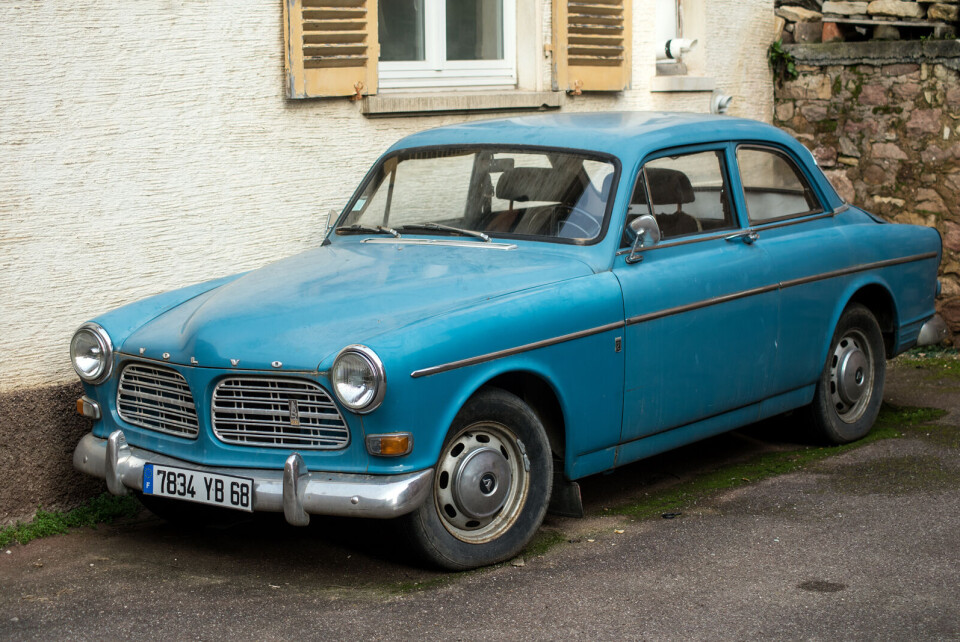-
Brexit cards: what are the rules around passport renewal and residency cards in France?
It is highly recommended that Britons in France retain a valid UK passport
-
Is compensation possible if a neighbour’s pet damages garden at French second home?
Disorderly pets can wreak havoc on gardens
-
Repairs on dry stone wall in France: Must stones be bought or can they be picked up?
You may need to consult your neighbour to repair border walls
Are classic cars exempt from a 'contrôle technique' test in France?
The rules in France for classic cars are similar, but not identical, to the UK

In the UK, rules in France for classic cars are simpler: you do not need an MOT for vehicles first registered more than 40 years ago as long as they have not been substantially changed.
In France, special rules on the contrôle technique apply only to cars that have been officially registered as a véhicule de collection, which involves obtaining a special registration document (carte grise).
If the car is old but has an ordinary carte grise, it needs a contrôle technique every two years, as usual.
For véhicules de collection that were first registered before 1960, there is no requirement for a contrôle technique. For others, it is required every five years from the date of registration as a véhicule de collection.
There is no need to put a sticker on the windscreen showing the validity of the contrôle technique, unlike for ordinary cars. These cars can also have special numberplates with white letters on a black background, if you wish. A request for a carte grise de collection, as with most driving document procedures, is done online at the Agence nationale des titres sécurisés website.
You will need to create an account on the site, or sign up via the FranceConnect service if you are eligible for this via an account on another French official site, such as ameli.fr or impots.gouv.fr.
Documents required include the registration document or other document proving ownership, an attestation from the maker or its representative in France or from the Fédération française des véhicules d’époque, and a contrôle technique certificate.
Related stories
Classic cars left out by French cities’ Crit’Air schemes
























